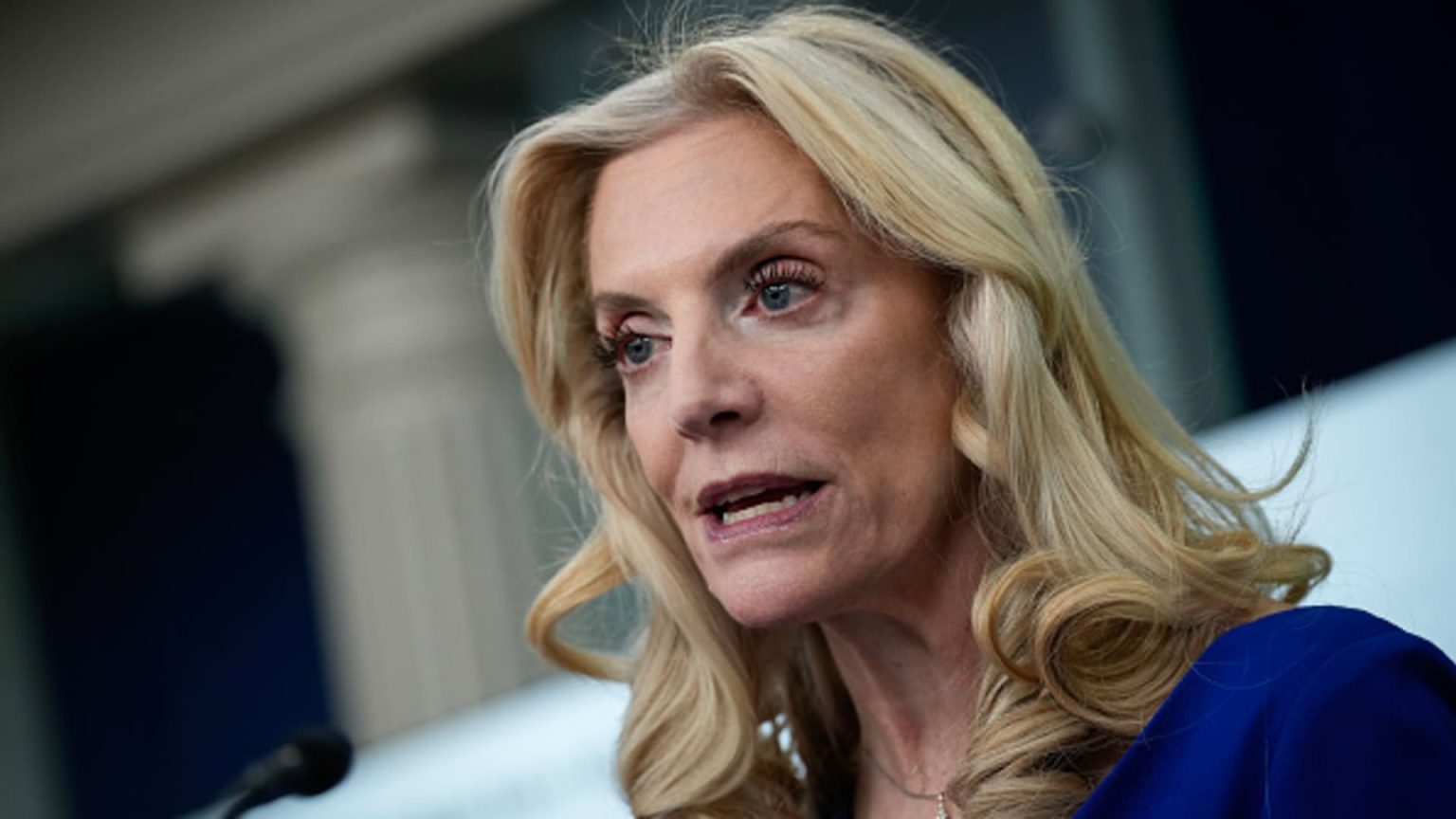The debate over the 2017 tax breaks, particularly the Trump tax cuts and the TCJA provisions, has intensified as the expiration date for these tax breaks approaches. The Biden administration is advocating for a reversal of these tax breaks for the ultra-wealthy and corporations in order to address the growing budget deficit. White House national economic advisor Lael Brainard emphasized the importance of tax fairness and fiscal responsibility in the upcoming tax debate, stating that the original tax cuts primarily benefited the wealthiest Americans and failed to stimulate the economy as promised.
While Trump and other Republicans are pushing for a full extension of the expiring TCJA tax breaks, Brainard highlighted the significant impact such an extension would have on the budget deficit, estimating an additional $4.6 trillion over the next decade. The administration’s proposal includes extending expiring provisions for middle-class Americans while increasing taxes on the ultra-wealthy and corporations to fund these extensions. Brainard also outlined plans to quadruple the tax on stock buybacks and impose a 25% minimum income tax on billionaires in an effort to create a fairer tax system.
House Republicans have formed teams to study and propose solutions to address the 2025 tax cliff, with House Ways and Means Committee Chairman Jason Smith warning that an expiration of the 2017 tax cuts would result in a tax increase of $1,500 per year for an average family of four earning $75,000. This has sparked a heated debate between Democrats and Republicans over the impact of these tax breaks on the national debt and the overall economy. Brainard emphasized the need to prioritize tax fairness and fiscal responsibility in order to secure the nation’s fiscal future.
The stakes in the upcoming tax debate are high, as the decision to extend or end the 2017 tax breaks will have significant implications for the budget deficit and the overall fairness of the tax system. Brainard reiterated the administration’s commitment to ensuring that the tax system benefits middle-class Americans and holds the ultra-wealthy and corporations accountable for their fair share of taxes. By focusing on reversing the tax breaks for the ultra-wealthy and corporations, the administration hopes to create a more equitable tax system that promotes economic growth and reduces income inequality.
The ongoing debate over the 2017 tax breaks underscores the broader challenges facing the nation in terms of fiscal responsibility and tax policy. Brainard’s call for ending the tax breaks for the ultra-wealthy and scaling back permanent corporate tax breaks reflects a larger effort to address the budget deficit and create a more equitable tax system. The Biden administration’s proposal to fund tax cuts for middle-class Americans by raising taxes on the ultra-wealthy and corporations signals a shift towards a more progressive tax policy that prioritizes fairness and economic growth. As the tax debate continues, it is crucial for policymakers to consider the long-term implications of their decisions on the nation’s fiscal future.


